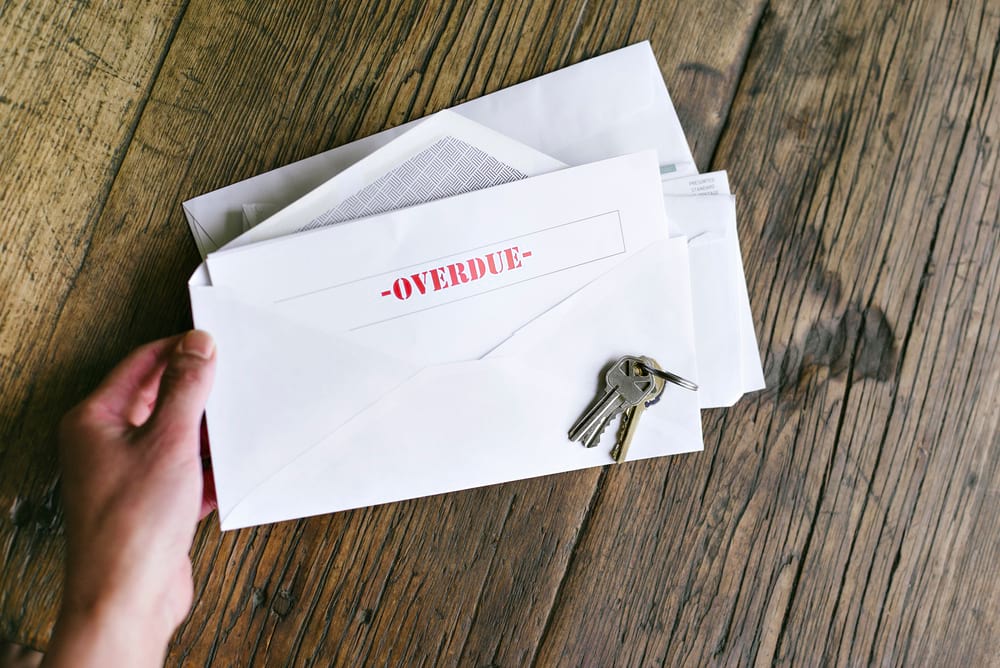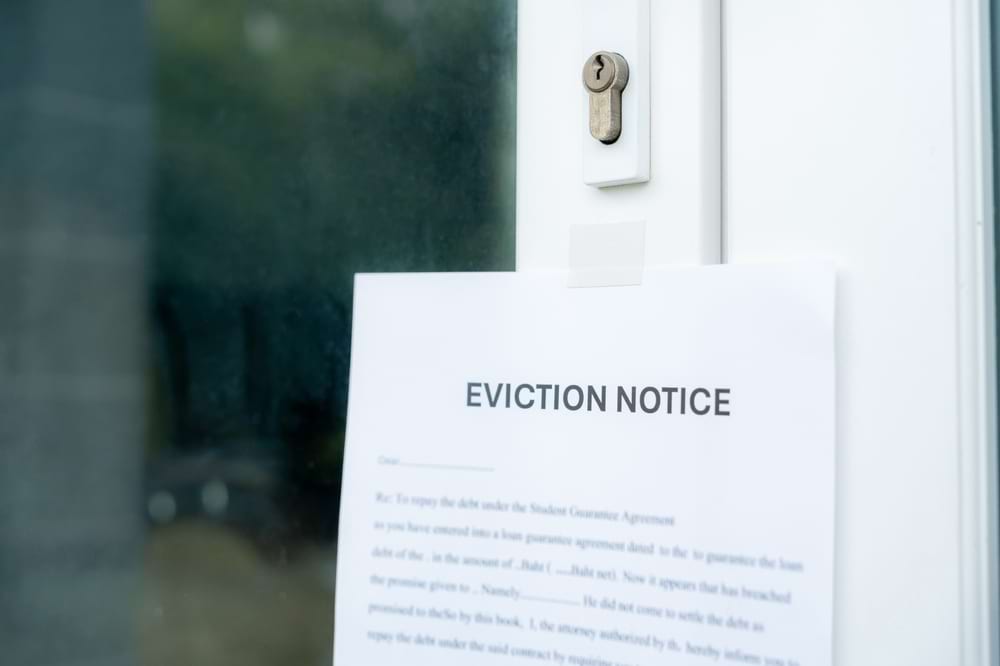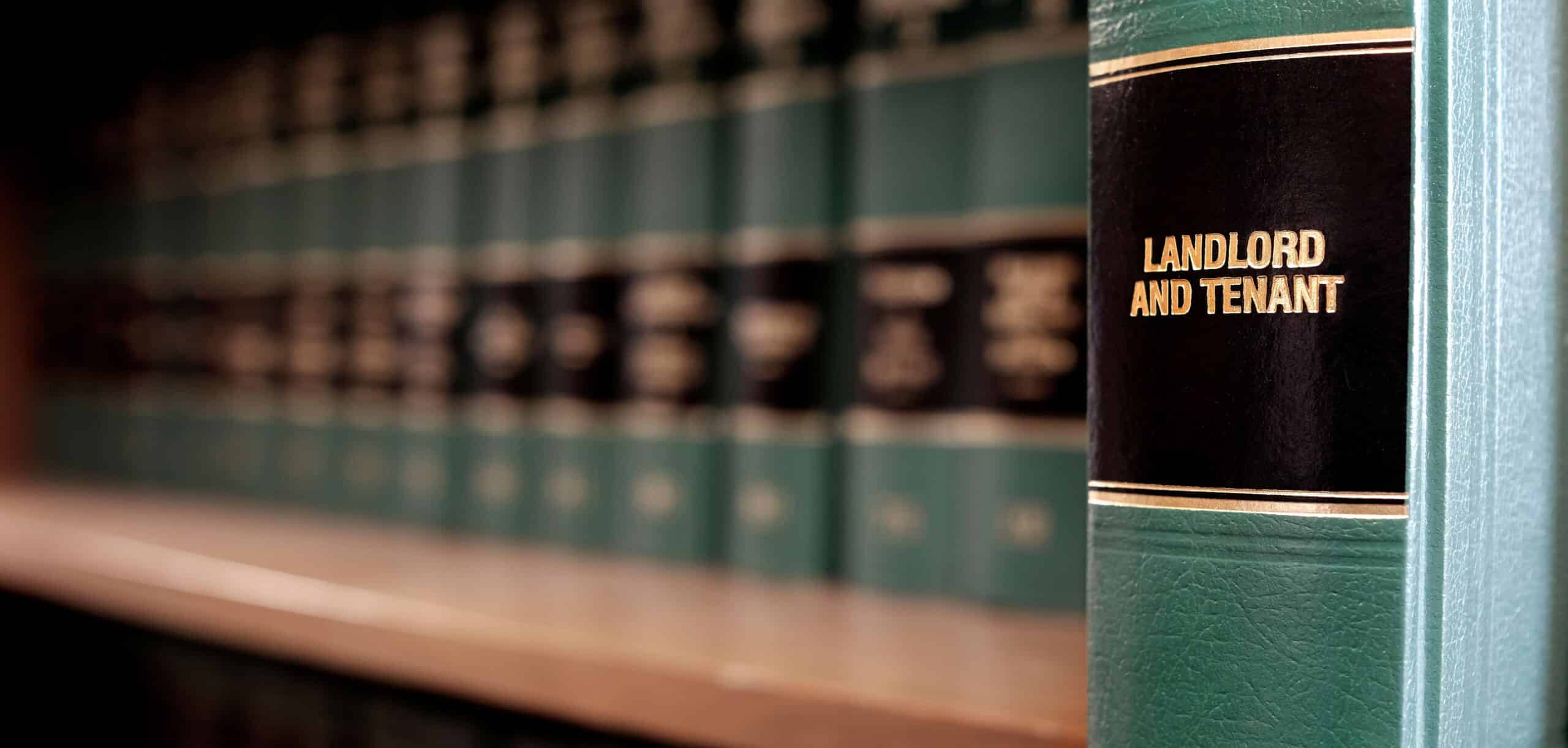Unpaid rent is an increasing problem.
Data shows that it rose by 56% between Q1 2023 and Q1 2025.
The average arrears (£2,237) often exceed tenants’ deposits, leaving landlords out of pocket.
This blog explores how long a landlord has to collect unpaid rent.
How long does a landlord have to collect unpaid rent?
A landlord has up to 6 years to collect unpaid rent in the United Kingdom. This period begins on the date the rent is due.
Even if you only discover the unpaid rent a few years later, it doesn’t change this timeframe.
Can a rent repayment plan exceed the 6-year threshold?
Yes, this is possible. As long as the case is pursued within 6 years, repayments can be made outside the time limit.
How to collect unpaid rent
Keep tenant’s deposit
One of the most common methods is to deduct it from your renter’s deposit.
This should be in a deposit protection scheme, which you’ll have to contact with evidence of the unpaid rent.
Hopefully, this sum will cover everything you’re owed. If not, you need to explore other solutions.
Contact the renter’s guarantor
This only works if they’ve one and have signed up for it in the contract. They could also be held responsible for repaying the funds.
Negotiate with tenant
Tenants sometimes simply lack the funds to pay their rent on time. They may have recently lost money or employment, for example.
In these circumstances, negotiate a payment plan.
Perhaps paying half the monthly rent over double the time frame would be manageable for you both. Or having a month breather before resuming repayment.
Take tenant to court
A final option is to take your renter to court. This may prompt bailiffs or attachment of earnings to recover the debt.
It’s often the slowest method, but it may be the only choice you’ve.



















